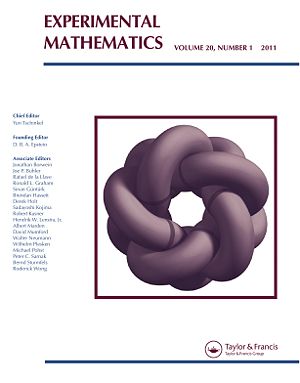I think that most people don't understand risks and probability and can either over or under react to news stories about risk. The recent anouncement of a an Asteroid Impact Risk in USA Causes New Zealand Real Estate Boom
Real Estate prices in parts of New Zealand are reaching atmospheric highs after authorities announced that the risk of Asteroid 1997 XF11 hitting Earth close to New York State on 28 October 2028. What if the risk was 1100:1? Would you seek shelter in another country?
This wikipedia article on micromorts has a nice list of equally risky behavior and just breathing the pollution in a big city like NYC for 2 days is one micromort so living there for 120 days or 4 months is 60 micromorts just from the air. Let alone other risk factors such as traffic. The asteroid is currently rated at 1 in 1100 in 16 years time so that is approx 60 micromorts (1000000 / 1100 / 16).
I think the other factor going on here is a cultural zeitgeist that knows that the US Empire is in serious decline and there is a likelihood of several dangers in the US. The government-industrial-media complex's Matrix of control is falling apart and people know (at least on the subconscious level) that they are at risk from high inflation, great depression 2.0, food shortages, rising crime, police state/martial law, reduction/elimination of privacy, rising sea levels covering coastal cities.
 That is true and it depends what you mean by "proved". In Godel's theory most of math can not be formally proved in systems that do not contain contradictions themselves... so are those proofs valid? We act as though they are... And how is this different from physics where it is all conjecture based on experimental evidence and if a new set of experiments comes along that break the old theory we bring in new ones. There is a school of
That is true and it depends what you mean by "proved". In Godel's theory most of math can not be formally proved in systems that do not contain contradictions themselves... so are those proofs valid? We act as though they are... And how is this different from physics where it is all conjecture based on experimental evidence and if a new set of experiments comes along that break the old theory we bring in new ones. There is a school of 